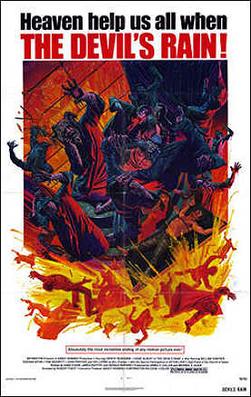 |
“What? No. Don’t cast him. He’d make an awful Doctor. He
looks like a murderous cab driver for God’s sake.” |
It’s April 12th, 2008. Estelle is at number one with “American Boy.” Sam Sparro, Kooks, Mariah Carey, Madonna and Justin Timberlake, and Chris Brown (a domestic abuser) also chart. In news, Mark Penn resigns from the Clinton campaign, which is interesting mostly because he resigned for reasons other than gross incompetence. London does (depending on your perspective) a rubbish or great job hosting part of the Olympic torch run, as an anti-China protester manages to briefly snatch the torch. It goes similarly well in Paris, where the torch is actually extinguished by authorities. Then, in San Francisco, the torch and runner briefly disappear entirely before being run along a different route where nobody knows to watch or protest it.
Speaking of fire and the classical world, The Fires of Pompeii. First of all, before we go at all into this story, let’s agree to set aside The Waters of Mars. Everything here is obviously going to come up again in that post. But we did a fine job of shutting up about The Deadly Assassin while we worked our way through earlier versions of Time Lord history, and an equally fine job of ignoring The War Games until the time came, so let’s do the same here and take this story entirely on its own terms. Let’s also note that this was written prior to Day of the Doctor and makes no effort to understand the Time War in the context of that episode.
Similarly, when it comes to Peter Capaldi, let’s note that it’s sad that such a great actor blows his opportunity to be on Doctor Who in what is by and large an underwritten bit part. Given that the new series tends not to recycle actors, it’s borderline tragic that we’re not going to get to see him again after this. Also, one of the actresses playing the Sibylline Sisters is quite good, and wasted in the part. A pity, through and through.
It is no secret that I am not, by and large, a fan of stories that treat the alteration of history as a moral dilemma. I’ve discussed my reasons for this before, but the long and short of it is that it’s an entirely fake moral dilemma. Because altering history is at present completely impossible, there are no principles on which to hang an ethical debate about it. It’s as hollow an ethical debate as whether or not it’s acceptable to use grozzlebarks in order to banderflinch. Which is to say that any supposed ethical principles involved are, in fact, purely the invention of the writer. It’s an ethical debate without substance – one in which the writer picks the outcome they want and then creates some technobabble to explain why that’s the ethical position.
Except it’s worse than that, because the position taken is inevitably that changing history is wrong. And so the only sort of message that one can take away from these stories is that things must remain the way they are, often because of the incomprehensible explanations of the People Who Are In Charge Of These Things.
…
Continue Reading







